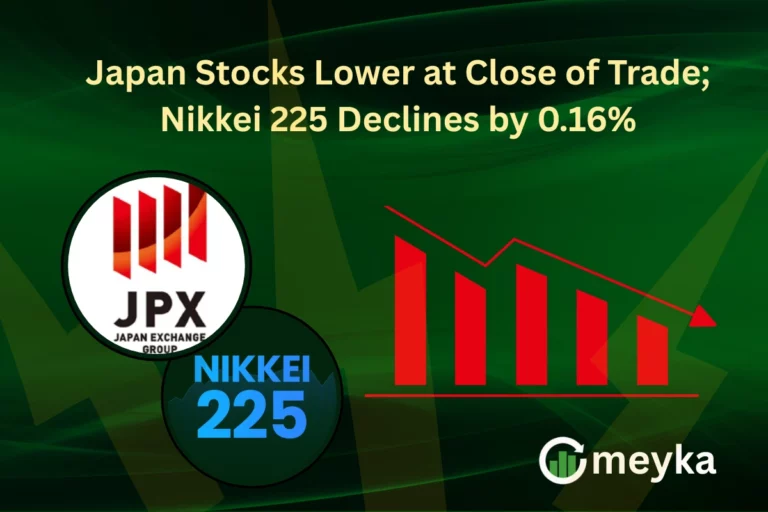Singtel Sells $1.2 Billion Stake in India’s Telecom Giant Bharti Airtel
The Singapore-based telecom company Singtel has made headlines by selling part of its stake in Bharti Airtel. This move signals a strategic shift in how Singtel is managing its investments amid the global telecom landscape.
Continue Reading on Meyka
This article is available in full on our main platform. Get access to complete analysis, stock insights, and more.
Read Full Article →





